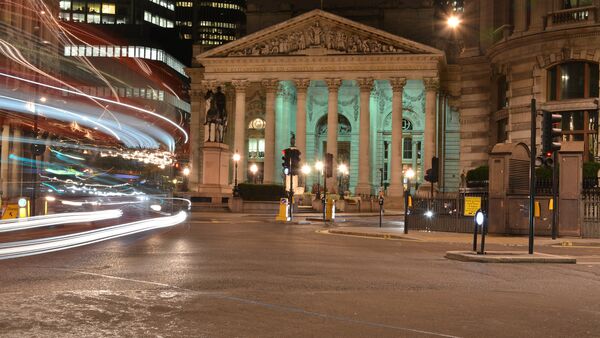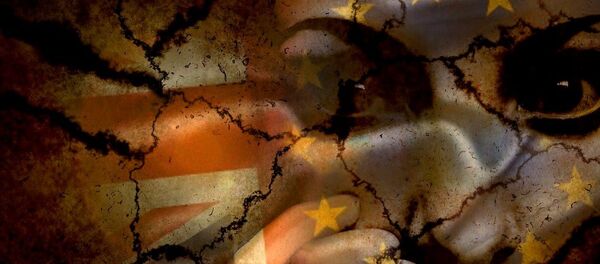Kristian Rouz – The Bank of England’s (BoE) Monetary Policy Committee (MPC) is preparing to address to possible challenges to the economy relating to the British voters’ decision to leave the EU.
The regulator is scheduled to convene next week in order to determine whether any monetary stimulus measures are deemed necessary, which largely depends on the BoE’s view of the probability of a recession in the coming months.
It is unknown whether the UK’s economy is approaching a recession, as the negative effects of Brexit to trade and the financial sector might well be offset by gains in the real economy, with manufacturing and consumption picking up amidst the “natural stimulus” or sorts in the form of the cheaper pound.
British retail sales have been growing slowly recently. On the budget side, tax revenues are unimpressive, meaning the cabinet might want to take measures by either expanding the tax base or hiking rates (the latter being very unlikely under the New Tory leadership). After all, these are hardly of the BoE’s concern. British households and businesses have expressed rather a murky outlook on the economy in recent surveys, yet, public sentiment might still be in a bit of a disarray after the aggressive campaigning surrounding Brexit in the first half of the year.
Indeed, the UK’s economy is facing only minor complications resulting from Brexit at this post, especially compared to the earlier expectations of a full-blown disaster upon parting ways with the EU.
Cutting base borrowing costs might not make that much sense as it would not address the weakness in certain sectors, such as retail, — at all, instead directing huge volumes of money into Canary Wharf, which is feeling almost okay already.
"It's not clear that the Bank of England carefully calibrating its response and communicating the message that they are worried about an uptick in inflation would do anything to stabilize the situation," Adam Posen, ex-BoE official responsible for setting base rates, said. "It probably would be counterproductive."
Posen advocates cutting the rate to zero immediately in order to send a signal to the markets, saying the BoE is here and responsive.
Anyway, the reports on the most recent developments in the new key sectors of the UK’s economy, in particular, manufacturing, construction, and services, are all due from Monday to Wednesday next week. The BoE will likely take on a limited stimulus should these reports provide signs of economic weakness. Yet, a full-blown rate hike is unlikely, whilst options like “helicopter money” (direct central bank lending to problem sectors) or lowered bank reserve requirements (mainland China-style) might do the trick.





